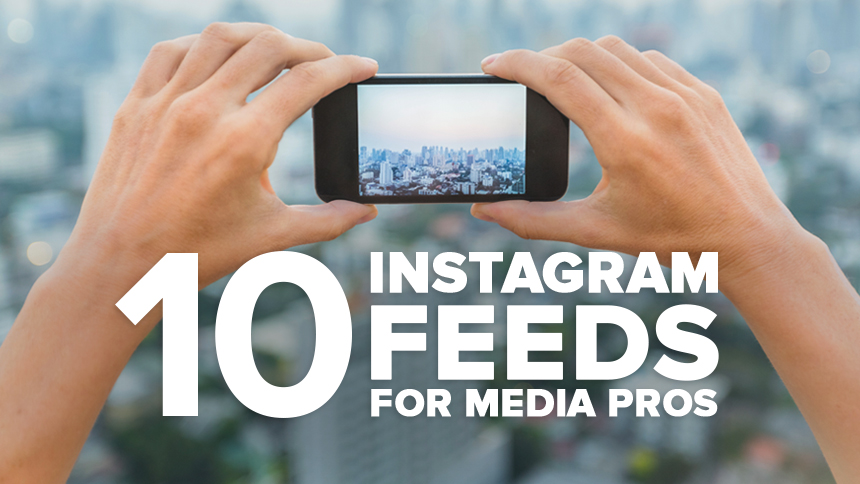With unemployment near historic lows, it is a seller’s market when it comes to looking for a new job. There’s a good chance that while you’re on the job hunt, you might have multiple job offers in hand and need to make a decision about which one you will choose. While it might be tempting to take the job that offers the higher salary, there are several other factors to take into consideration before signing on the dotted line. Not sure what criteria should be on your pros and cons list? Here are some questions to ask when choosing between two job offers.
What does career progression look like in each company?
Some companies have a defined career path (such as from assistant account executive, to account executive, to senior account executive) over a set period of time, like a promotion every year. Others companies have larger jumps in title and responsibilities (such as from coordinator to manager), but at a slower pace, like a promotion every two to four years. Ask yourself how long you think you would realistically stay at the company and how quickly you want to grow your career. There are merits to rapid growth in smaller increments, as well as significant growth across a longer timespan. Regardless, you will want to take a position where advancement is achievable and the company encourages your professional development.
Also on Mediabistro


What is the company culture like?
The Harvard Business Review has reported on research suggesting that company culture and values, rather than salary, tend to be the top predictors of workplace satisfaction. Since you will be spending the bulk of your day at work, it’s no surprise that company culture is one of the most important factors to think about. Company culture encompasses a variety of things, from the atmosphere in the break room to expectations around work-life balance. For example, does the office offer social events, and what does the rapport seem like among team members? Are you expected to work nights and weekends? Are you allowed to work remotely? Do most employees use their vacation days–and are they encouraged to do so?
Also take into consideration what the company’s larger mission is and if it fits your personal beliefs. Maybe one of the companies emphasizes social impact or volunteering, or maybe one provides a solution to a business problem that you think is important. There is no right or wrong answer for what is most important to you, and you should be honest in your assessment of if each company shares your values.
[sc name=“Newsletter”]
What is your impression of your future boss?
You may have heard the phrase that you don’t choose your company; you choose your boss. Usually, the person who interviewed you will be your immediate supervisor. When comparing job offers, consider which hiring manager you clicked with the most and who you can envision yourself working with. During your interview, you should have gotten a good impression of each boss’s personality and leadership style, and you should have asked questions about their experience working at the company. Based on what you discussed and observed, think about who would be the best mentor and help you grow in your career. Conversely, if the hiring manager at one of the companies didn’t seem like a good fit for you or didn’t seem to respect other employees, it’s okay to use that negative impression as one of your deciding factors.
What are the benefits like?
Salary is only one part of the compensation package. Retirement and insurance benefits are other major players. For example, there is a huge difference between a job that pays $50,000 but doesn’t offer any insurance and a job that pays $45,000 but covers medical, vision, and dental insurance.
Look for the answers to these benefit questions when filling out your pros and cons list:
- Does one company offer 401k matching, but the other does not?
- How much (if anything) would you need to pay out-of-pocket for health insurance?
- If you are interested in pursuing a graduate degree or continuing education, will one of the companies offer tuition reimbursement?
You should also think about vacation days, commuting benefits, parental leave, and other factors that apply to your unique situation. Sometimes better benefits outweigh a higher salary.
Where is each job located?
If you applied to jobs in different places, location should also be a major determinant in your final decision. Will either job require you to relocate, and if so, will you receive a relocation allowance? If the jobs are located in different cities, how does the cost of living compare? Will moving take you farther away from friends and family?
Even within a city or region, location can be important. If the jobs are local, what will your commute be like? Ask yourself questions about public transportation vs. driving, and transit schedules or traffic based on your expected work hours.
Can you negotiate a higher salary for your preferred job?
After taking all these factors into account, you may find that you want to take the job offering the lower salary. However, there is usually room for negotiation. You can leverage that fact that you have multiple offers on the table in order to garner a higher salary at your preferred company. Come prepared with research and statistics showing a fair salary for the position and the industry, and why your professional experience would be an asset to the company. If there’s no flexibility with salary, you might be able to negotiate a few extra vacation days or the option to work from home once a week. Remember it never hurts to ask for more money or a few extra perks.
After you’ve made your decision…
First of all, congratulations! Accept the first offer in writing, and write a formal withdrawal letter for the second offer. Thank them for their time and explain that you ultimately decided to choose another employer. Most importantly, when saying “thanks, but no thanks” to the second offer, be kind and courteous. You never know when you might cross paths with that company or hiring manager again.
Looking for more job search tips? Check out the Scouted newsletter and the rest of our revamped website.










